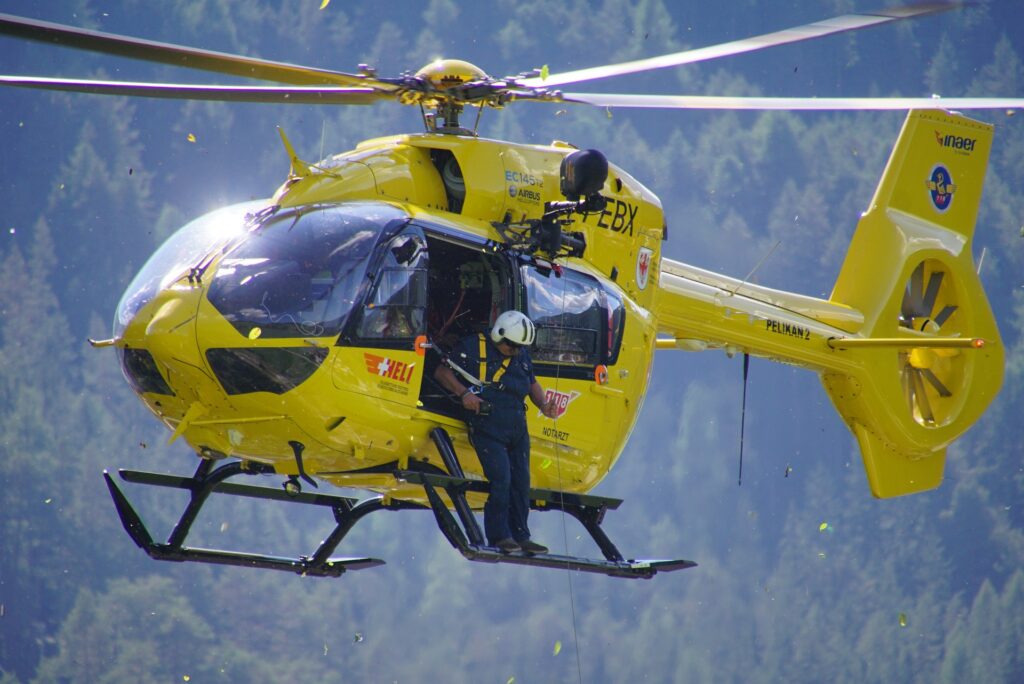
Fearing the mortality toll from Cyclone Gabrielle will rise, New Zealand is still looking for individuals who went missing after the storm.
Five verified deaths have occurred due to the cyclone’s destruction of significant portions of the North Island, which resulted in landslides and inundation, displaced thousands of people, and left many towns without electricity and running water.
In a press conference Thursday night, Prime Minister Chris Hipkins assured the public that “every possible resource” was being used to locate the missing and save those who were identified but were still inaccessible. Damage was severe in Gisborne, where I’ve just returned, and residents are in disbelief. Without a shadow of a question, communities are experiencing tremendous stress.
The cleanup and restoration work needed for New Zealand’s roadways, bridges, and other infrastructure is massive. It is too early to determine the cost. Still, Finance Minister Grant Robertson has said there will be a significant effect on the economy, affecting government running and capital expenditure plans in the current and following years.
More than 3,500 individuals have been reported missing by police, most of them from Hawke’s Bay and Tairawhiti in the east of the North Island, where internet disruptions have made it impossible to reach them.
The police are making every effort to contact anyone who may have been cut off by floods and locate those still missing.
Stores are running short on necessities as power is slowly being returned to some regions, but more than 100,000 households are still without energy.
Many routes remain blocked to regular traffic, which may be some time before they reopen. Army ships and vehicle convoys are assisting in delivering water and other essentials to the most significant cities.
According to Deputy Chief of Defense Darren Webb, New Zealand is weighing offers of foreign help, including from nearby Australia. However, New Zealand is confident it can handle things independently for now.
Hipkins said the storm had shown how vulnerable the country’s roadways, electricity, and information networks are.
He stated that there’s no doubt that, as a nation, people need to look at the robustness of our infrastructure. They need to do that with much more urgency than they have ever seen. More extreme weather occurrences of this kind are on the horizon, so it’s essential to be ready for them.






